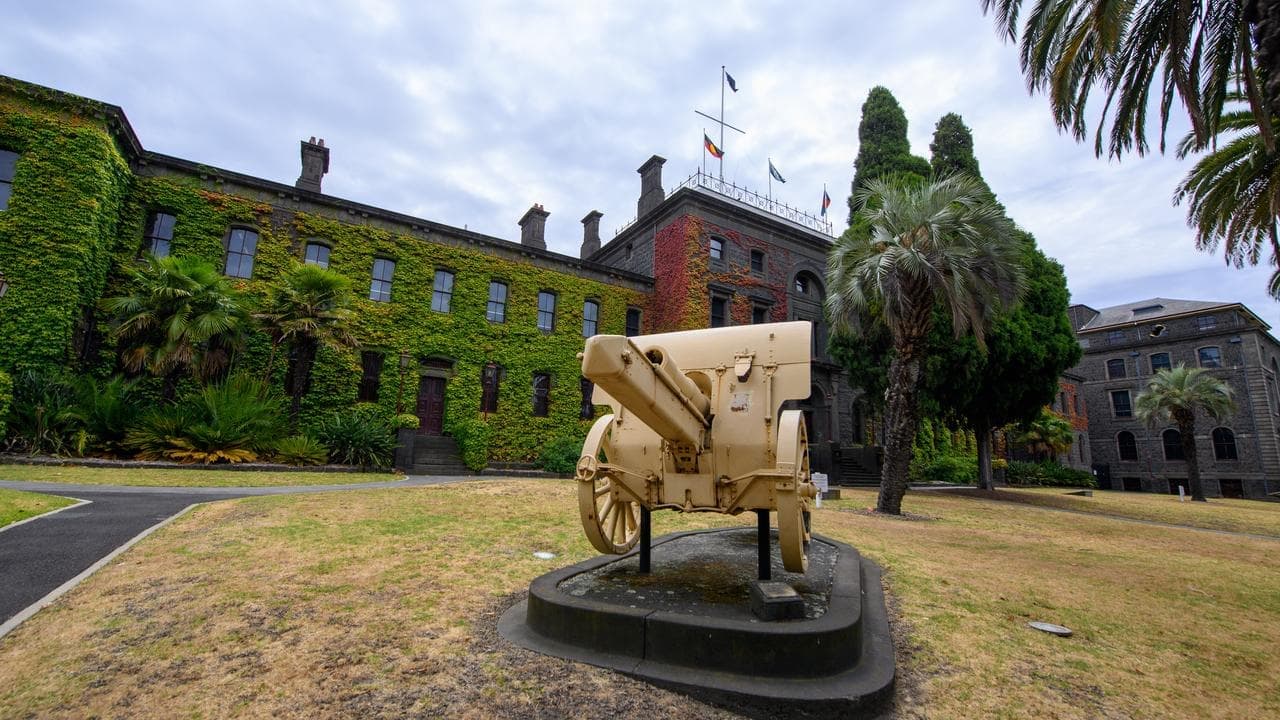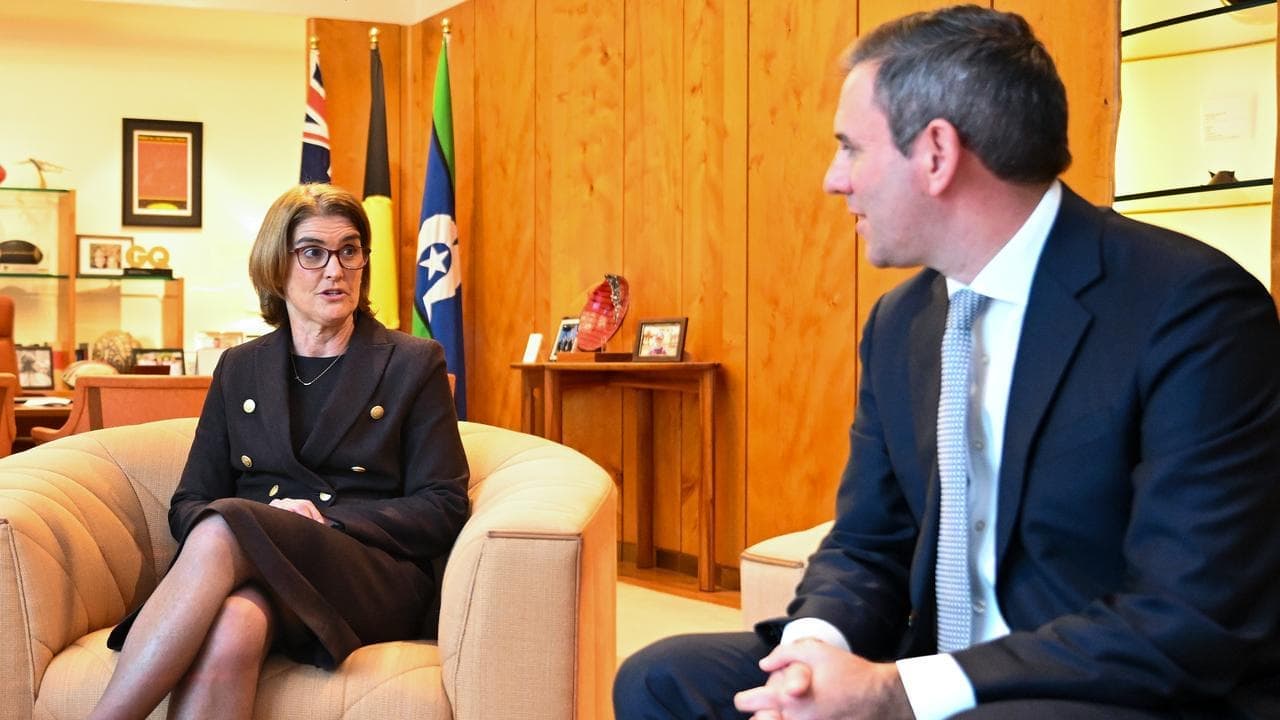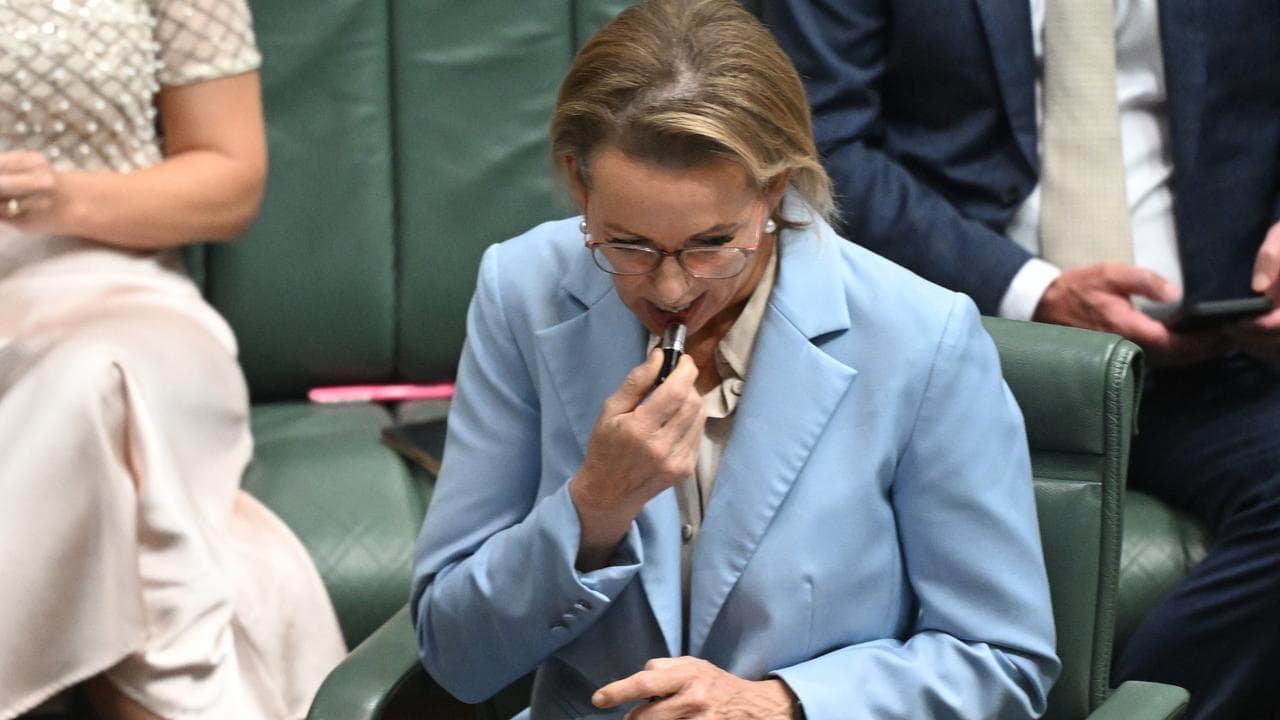WHAT WAS CLAIMED
Zali Steggall's climate change bill required emissions targets to be set by an unelected commission, which could override elected officials.
OUR VERDICT
Mostly False: MPs would have set the target by voting for the bill. The minister’s decision could only be vetoed if trying to bring the target forward - a measure removed before the bill was tabled in parliament.
Inner city seats long held by the Liberal Party are being contested by a new wave of contenders this federal election: the so-called "teal independents" who are pushing for more action on climate change.
One of the Liberal MPs facing this challenge is Tim Wilson, in the Melbourne electorate of Goldstein, who is up against Zoe Daniel.
In an op-ed in The Australian on May 3, Mr Wilson claimed the independents want to override democracy, pointing to Zali Steggall's Climate Change (National Framework for Adaptation and Mitigation) Bill 2020.
The independent member for Warringah's bill sought to legislate a net zero by 2050 target in Australia.
Mr Wilson said her proposed bill gave unelected commissioners the power to veto elected members, adding: "The bill required emissions reduction targets to be set by the commissioners and outlined that any emissions reduction target could not be adjusted by the elected minister unless 'the commission(ers) recommends the proposed variation'."
A spokesman for Mr Wilson pointed AAP FactCheck to a draft version of Ms Steggall's bill to back up his claim.
His claims are mostly false with Professor Jacqueline Peel, an environment law expert at the University of Melbourne, pointing to just one scenario which would require the approval of the commission.
By voting in favour of the draft bill, MPs would have set and legislated the initial net zero by 2050 target - not the commission.
Prof Peel said when setting the interim five-yearly emissions budgets the elected minister would only be obliged to consult with the commission - with the minister having the final say.
The legislation also states that nobody can reduce the 2050 target once set (section 24, page 17).
Prof Peel said the only scenario in which the minister would need approval from the commission was if they wanted to bring forward the 2050 net zero target.
"The minister can't do so unless s/he has provided the proposed recommendation to the Commission and the Commission has recommended the proposed variation," she told AAP FactCheck in an email.
This section of the proposed bill was removed before it was first tabled in parliament in November, 2020.
A spokeswoman for Ms Steggall told AAP FactCheck that the version referenced by Mr Wilson's office was an "early draft" circulated to consult with various groups.
"That particular section was removed from the draft bill after feedback was given by the Liberal moderates in a meeting with them at Parliament before the Bill was introduced," the spokeswoman said in an email.
"The final bill that was introduced to Parliament never contained that section, so it is disingenuous and misleading for (Mr Wilson) to continue to say that. Also, neither the draft bill nor the final bill ever allowed commissioners to 'set' targets, only provide recommendations which the government could choose or not choose to accept."
Prof Peel said the amendments ensured any attempt to bring the target forward did not tie the minister's hands to the recommendations of the commission, adding it would be "just a procedural obligation to obtain and consider their advice before acting".
Dr Anita Foerster, a director of research at the Department of Business Law and Taxation at Monash University, told AAP FactCheck via email that under the bill tabled in parliament "the role of the commission is clearly advisory, with final decision-making on matters such as targets and carbon budget resting with the responsible minister."
Dr Foerster added that although "commissioners are indeed unelected, they are to be selected on the basis of their relevant expertise and experience, and all selections must be approved by a Parliamentary Joint Committee (page 28-29). This model of facilitating independent, expert input into policy decision-making is widely used in a range of different policy areas in Australia and other jurisdictions."
The version of Ms Steggall's bill tabled in parliament was subsequently rejected by a parliamentary committee in July 2021.
The Verdict
The claim that Zali Steggall's proposed bill put emissions targets, and changes to those targets, in the hands of an unelected commission is mostly false. MPs would have set the target by voting the bill through and the only scenario which would have required the commission's approval was if the minister wanted to bring the target forward. This measure was then removed before the bill was tabled in parliament.
Mostly False – The claim is mostly inaccurate but includes minor elements of truth.
* Editor's note: AAP FactCheck has expanded its ability to fact-check environmental issues with the support of the Australian Conservation Foundation. AAP FactCheck retains full editorial independence in this project and continues to apply the rigorous standards required for accredited members of the International Fact-Checking Network.












